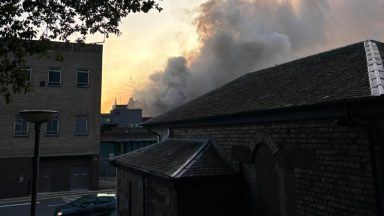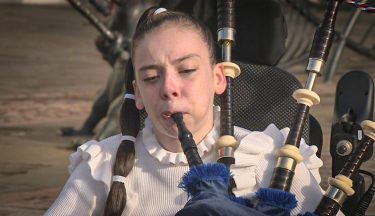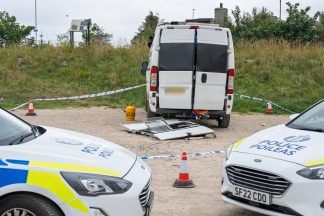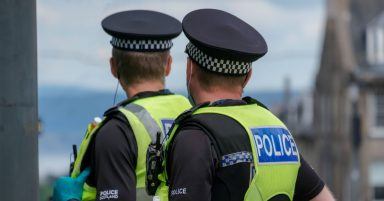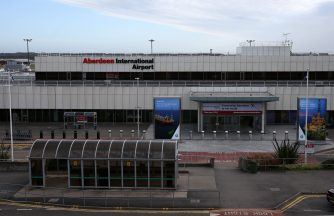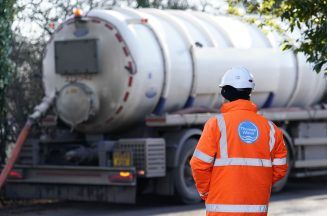Scientists warn the Atlantic salmon crisis is deepening as numbers caught in Scottish waters reach a record low.
Figures have rapidly dropped to the lowest since records began in the 1950s suggesting the species is under threat.
The Salmon and Sea Trout Fishery Statistics for 2021 has reported rod catch of salmon is at 35,693; 75% of the previous five-year average and decreased from its previous high in 2010.
The data suggests the number of Atlantic salmon returning to Scotland to breed is on the decline.
Fisheries experts and ecologists warn pollution and the climate crisis are among factors to blame for dwindling stocks.
Lorraine Hawkins, River Dee Trust said: “It really does reflect the crisis situation our Atlantic salmon stocks are facing and certainly here on the river Dee. We’ve been seeing this decline from salmon returning from the sea since the 1970s.
“We want urgent action now, one of the key things we could do more of is tree planting it really provides a number of benefits for the habitat and helps the water to stay at a lower temperature.”
Later this year the Scottish Government plans to launch a strategy to help ensure the future of Atlantic salmon.

It promised to improve water purity, examine its conservation laws and boost marine conservation efforts in a bid to protect the species.
But experts say this is not quick enough. There are also fears that low salmon numbers could severely affect the rural economy.
Chief Executive of Fisheries Management Scotland, Dr Alan Wells, said: “Salmon are absolutely crucial to our rural economy. There’s something in the order of 4,300 equivalent jobs and adds about £80million to the rural economy. People come here from all over the world to fish here.”
A spokesperson for the Scottish Government acknowledged the issues the salmon population face and pointed to their strategy.
They also said they’ve implemented stricter angling and fishing rules for the time being with 95% of salmon caught in rivers being returned.
They said: “While the statistics show a decline in both wild salmon and sea trout catches it is difficult to make a comparison to previous years given the Coronavirus (COVID-19) pandemic and the various periods where anglers were unable to fish, or faced restrictions due to local lockdowns.

“There is however significant evidence showing that populations of Atlantic salmon across the world are at crisis point, and that we must reinvigorate our collective efforts, both nationally and internationally, to ensure a positive future for the iconic species.
“In response, we have worked closely with a range of organisations, including Fisheries Management Scotland, to develop an ambitious new Wild Salmon Strategy. We are currently working with stakeholders to develop an implementation plan for publication by the end of the year which will guide collective action for wild Atlantic salmon across government, business and charitable sectors.
“We have also taken a number of immediate actions to address the issue. A range of conservation measures are already in place, including measures that do not allow anglers or netting operations to retain salmon caught in rivers with low stocks. We also continue to ban coastal netting for wild salmon. Local efforts to support the recovery of wild salmon populations across the country are also taking place.”
Follow STV News on WhatsApp
Scan the QR code on your mobile device for all the latest news from around the country


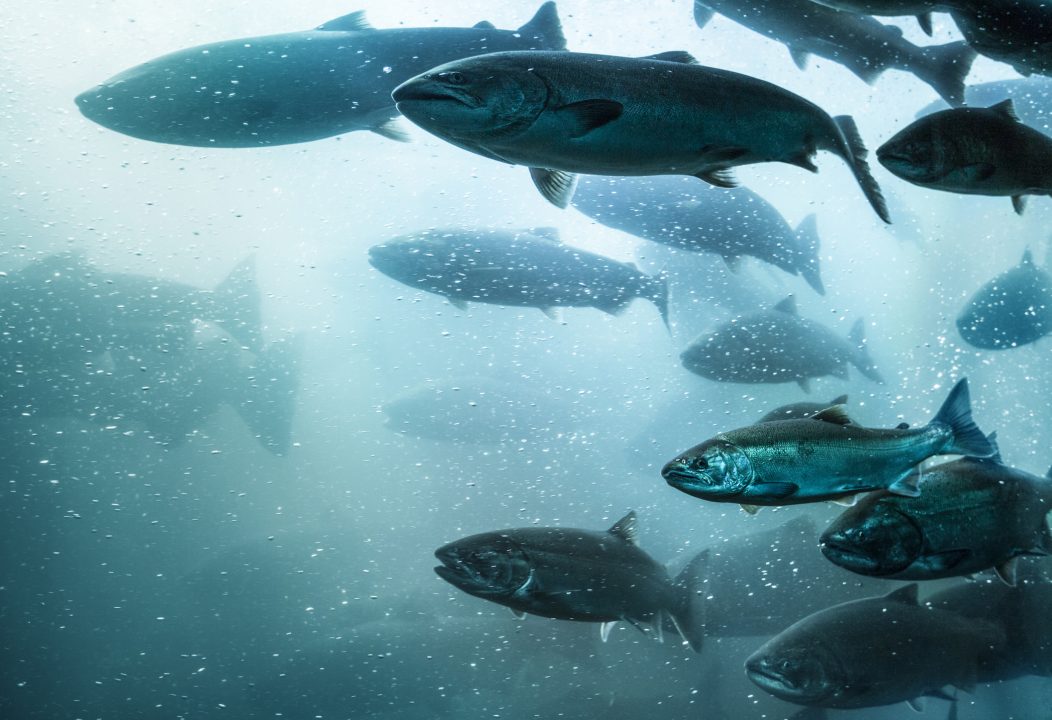 iStock
iStock




